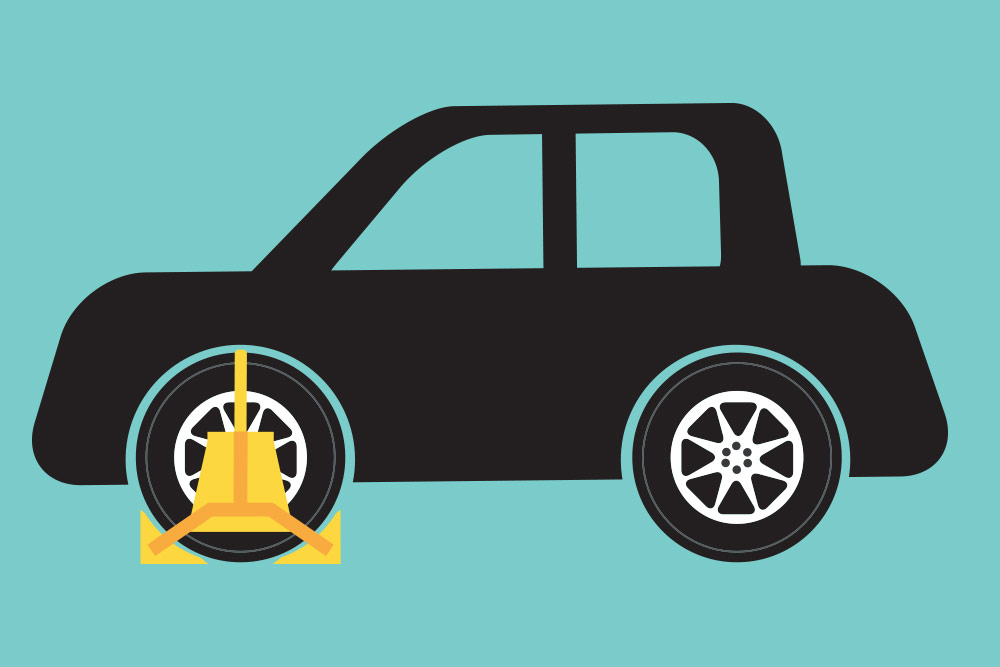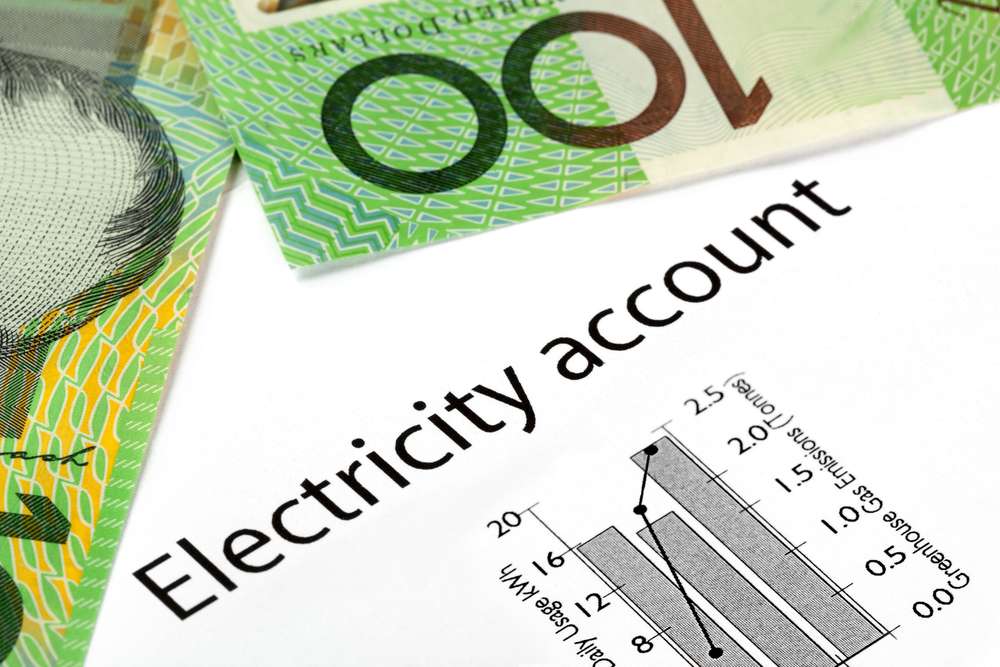The Real Problem with Gambling
Access to gambling is everywhere: lotteries, sports events, online, pokies in hotels and clubs, newsagents, casinos, even on mobile phones. While it is advertised as fun or entertainment or as a great social activity, it is really a sophisticated business designed to extract as much money as possible out of its 'players'. Despite the advertising, far more is lost than won, and ‘jackpot wins’ are extremely rare.
If people have spare cash, they can afford to spend and lose on gambling, and choose this as a form of entertainment, then they may not have a problem. However, if they can’t stop at their set limit, or gamble to try recouping losses, or find themselves gambling larger amounts or more often, chasing the feel good of a 'win', then it can become addictive. Problematic gambling behaviour includes thinking your 'luck' will turn, or one last bet might win big; and it can become harder to control, ending up costing more and more - sometimes gambling until all your money is gone.
The effect of problematic gambling behaviour upon partners and families includes mistrust and arguments about gambling and unpaid bills and debts, thereby corroding family relationships. It can lead to marital breakdown and physical and emotional family violence. Problematic gambling itself can be a form of financial abuse toward a family deprived of necessities.
A relationship with someone who has a gambling problem can be very stressful, whether it's your partner, child, parent, friend or work colleague. It is estimated that for every person who has a problem with gambling, another five to ten people are negatively affected by the behaviour and consequences, making it a serious social issue.
Even if you're just a bit worried about your gambling or someone else's, it's a good idea to get help sooner rather than later. Gambler's Help services across Victoria are funded by the State Government to assist with Therapeutic Counselling and Financial Counselling.




